Liquid Waste Study Guide
Let's explore the topic of liquid waste, also known as wastewater. This study guide will help you understand the sources, types, and management of liquid waste.
Sources of Liquid Waste
- Domestic Waste: Liquid waste generated from households, including wastewater from kitchens, bathrooms, and laundry.
- Industrial Waste: Liquid waste produced from industrial processes, such as manufacturing, mining, and energy production.
- Agricultural Waste: Liquid waste arising from agricultural activities, including runoff from farms and animal waste.
- Commercial Waste: Liquid waste generated by businesses, restaurants, and other commercial establishments.
Types of Liquid Waste
Liquid waste can be categorized into various types based on its composition and source. These include:
- Sewage: Wastewater containing human and household waste, as well as soaps and detergents.
- Industrial Effluents: Liquid waste from industrial processes, often containing chemicals, heavy metals, and other contaminants.
- Agricultural Runoff: Water containing fertilizers, pesticides, and animal waste from agricultural lands.
- Commercial Discharges: Wastewater from commercial activities, which may contain grease, oils, and other pollutants.
Management of Liquid Waste
Effective management of liquid waste is essential to minimize its environmental impact and protect human health. Key management practices include:
- Sewage Treatment: Utilizing treatment plants to remove contaminants from sewage before it is discharged into water bodies.
- Industrial and Agricultural Best Practices: Implementing measures to reduce the generation of harmful liquid waste from industrial and agricultural activities.
- Recycling and Reuse: Exploring opportunities to treat and reuse liquid waste, particularly in agricultural irrigation and industrial processes.
- Regulatory Compliance: Adhering to environmental regulations and standards to minimize the release of harmful liquid waste into the environment.
By understanding the sources, types, and management of liquid waste, we can work towards sustainable and responsible waste management practices.
Now that you have a good understanding of liquid waste, let's move on to the next topic!
.◂Science Worksheets and Study Guides Seventh Grade. Cell Reproduction
Study Guide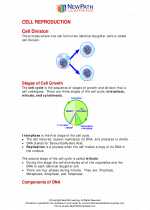 Cell Reproduction
Cell Reproduction  Activity Lesson
Activity Lesson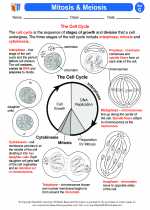 Mitosis & Meiosis
Mitosis & Meiosis  Worksheet/Answer key
Worksheet/Answer key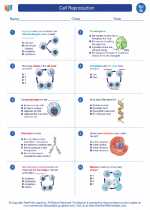 Cell Reproduction
Cell Reproduction  Worksheet/Answer key
Worksheet/Answer key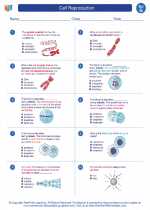 Cell Reproduction
Cell Reproduction  Worksheet/Answer key
Worksheet/Answer key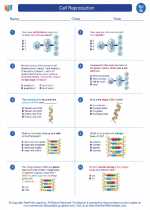 Cell Reproduction
Cell Reproduction  Vocabulary/Answer key
Vocabulary/Answer key Cell Reproduction
Cell Reproduction  Vocabulary/Answer key
Vocabulary/Answer key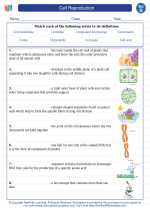 Cell Reproduction
Cell Reproduction  Vocabulary/Answer key
Vocabulary/Answer key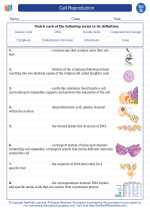 Cell Reproduction
Cell Reproduction  Vocabulary/Answer key
Vocabulary/Answer key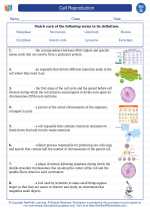 Cell Reproduction
Cell Reproduction  Vocabulary/Answer key
Vocabulary/Answer key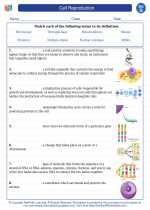 Cell Reproduction
Cell Reproduction  Vocabulary/Answer key
Vocabulary/Answer key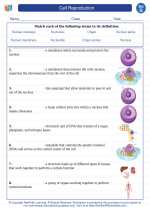 Cell Reproduction
Cell Reproduction  Vocabulary/Answer key
Vocabulary/Answer key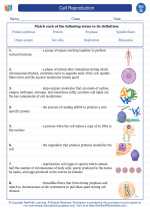 Cell Reproduction
Cell Reproduction  Vocabulary/Answer key
Vocabulary/Answer key Cell Reproduction
Cell Reproduction 

 Activity Lesson
Activity Lesson
 Worksheet/Answer key
Worksheet/Answer key
 Worksheet/Answer key
Worksheet/Answer key
 Worksheet/Answer key
Worksheet/Answer key
 Vocabulary/Answer key
Vocabulary/Answer key
 Vocabulary/Answer key
Vocabulary/Answer key
 Vocabulary/Answer key
Vocabulary/Answer key
 Vocabulary/Answer key
Vocabulary/Answer key
 Vocabulary/Answer key
Vocabulary/Answer key
 Vocabulary/Answer key
Vocabulary/Answer key
 Vocabulary/Answer key
Vocabulary/Answer key
 Vocabulary/Answer key
Vocabulary/Answer key

The resources above cover the following skills:
LIFE SCIENCE
From Molecules to Organisms: Structures and Processes
Gather and synthesize information to explain how prokaryotic and eukaryotic cells differ in structure and function, including the methods of asexual and sexual reproduction.